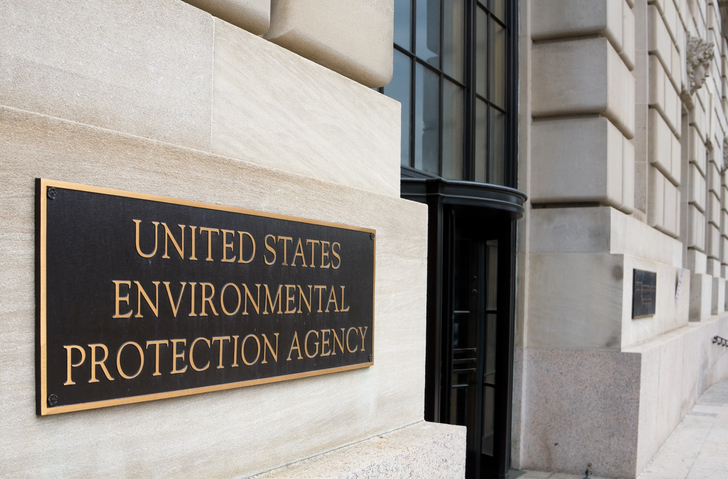Last week, the City and County of Honolulu, Hawaii filed a lawsuit against major corporate members of the fossil fuel industry, alleging they knew the negative effects their products would cause via climate change but obscured the information from public knowledge in order to reap greater profits. According to the complaint, the fossil fuel companies worsened the climate crisis by undermining climate science and delaying a transition to clean energy.
According to the lawsuit, the fossil fuel companies’ actions have resulted in sea level rise that …
Continue Reading









